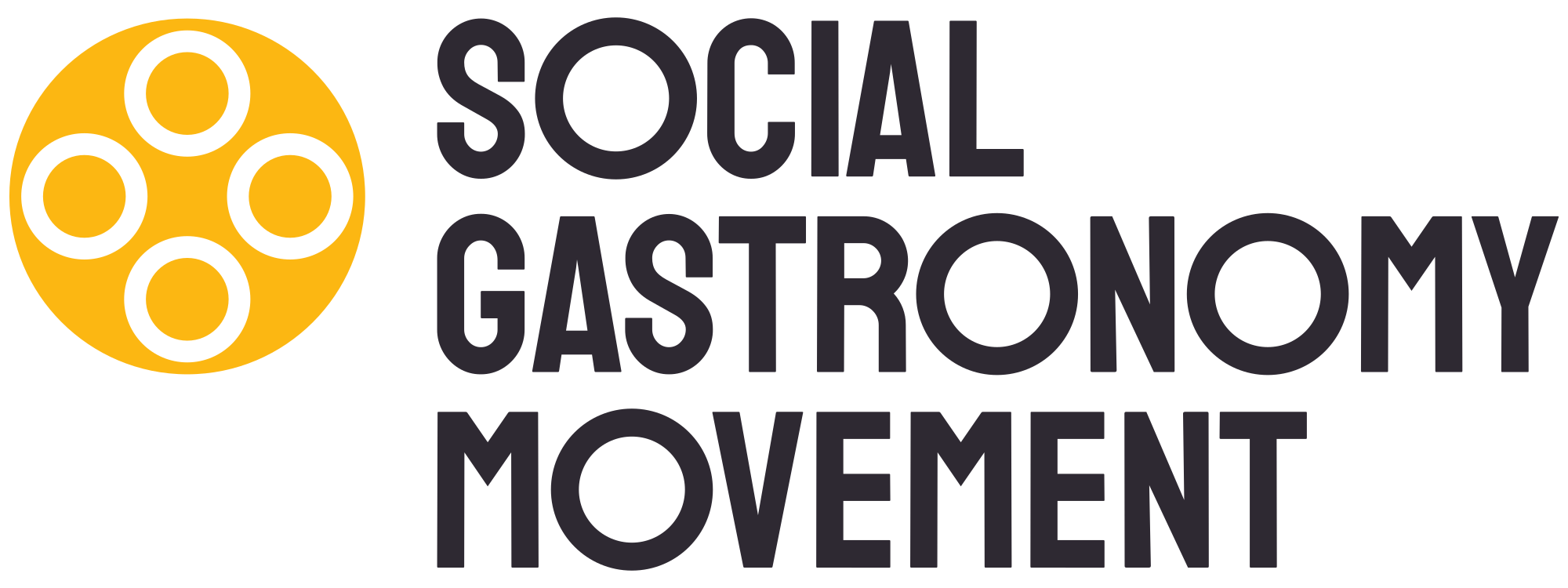Finding Focus and Engaging Steering Committees for Local Plenums
Since the start of the year, Collective Impact Program Host Teams have been preparing for hosting a series of Plenums. These 2-day community dialogues will take place between May and June 2022.
CIP Plenums are an innovative, dialogical experience bringing together actors from the local food actors. Those who enter this space for conversation and action do so with the spirit of “doing with, not for” those experiencing inequity and food insecurity. At this event, participants:
Share a meal
Get to know inspiring people
Listen and understand each other's experiences and realities of the local food system
Discover actions that inspire the commitment of people from across sectors (government, private sector,, vulnerable communities, civil society)
The desired result of the Plenums is the emergence of multistakeholder action teams that will begin working together towards the defined shared goals. These shared goals should have the potential to be implemented over a five-year period.
As we gathered together for the monthly collaboration & facilitation call, host team members shared their progress and reservations in terms of crafting an invitation for their steering committee, and refining the focus of the plenum.
How do you get people into the room?
The purpose of the steering committee is to bring people into the room together. They need to inspire participation, but as a group, must be representative of the spirit of “doing with, not for.” This poses a challenge because the steering committee must give people enough to invite them into the room, without directing the outcomes in a traditional top-down manner.
Who should be on the steering committee?
It is crucial that there are people with lived experience of hunger and food insecurity who are part of the steering committee. Equally as important is that there are leaders within the sectors and demographics that will have an influence over local food systems change.
Navigating the difference in geographical focus
Host teams represent a variety of geographical focuses; from small rural villages to entire nations. Mertola, Portugal, for example, has a population of just over 6200, so their target area is much more narrow than in Chile or even the Twin Cities, USA, where the population is in the millions. .
These communities not only are diverse in scope, the issues that are most important to their citizens are also radically different. Wider geographic focuses will require the engagement of leadership and people with high levels of influence, whereas the smaller neighborhoods have more liberty in terms of who should be in the room.
For those with a wide scope, the teams need to identify and invite people with higher/broader levels of influence, responsibility and decision-making power, who are harder to convince to invest 2 days at the event.
For a smaller area like Mertola, where everyone knows everyone, the question is one of finding balance and not necessarily falling back into the normal comfortable way of doing things.
What do you need to bring people together in the same room?
With so much going on in the world, it can be really difficult to bring people together to work toward a shared vision. Food systems carry the solutions to many of the most urgent social, economic, and political challenges, but tend to be placed on the backburner of our human minds.
How do you foster engagement for two days?
As Michelle Horovitz from the Twin Cities said “people need something to respond to, they can’t just come together from a blank canvas.” At all levels of this process, teams will co-create because they have identified goals alongside steering committees and communities.
These Plenums need to be valuable and lead to action, to do so, people have to be inspired.
